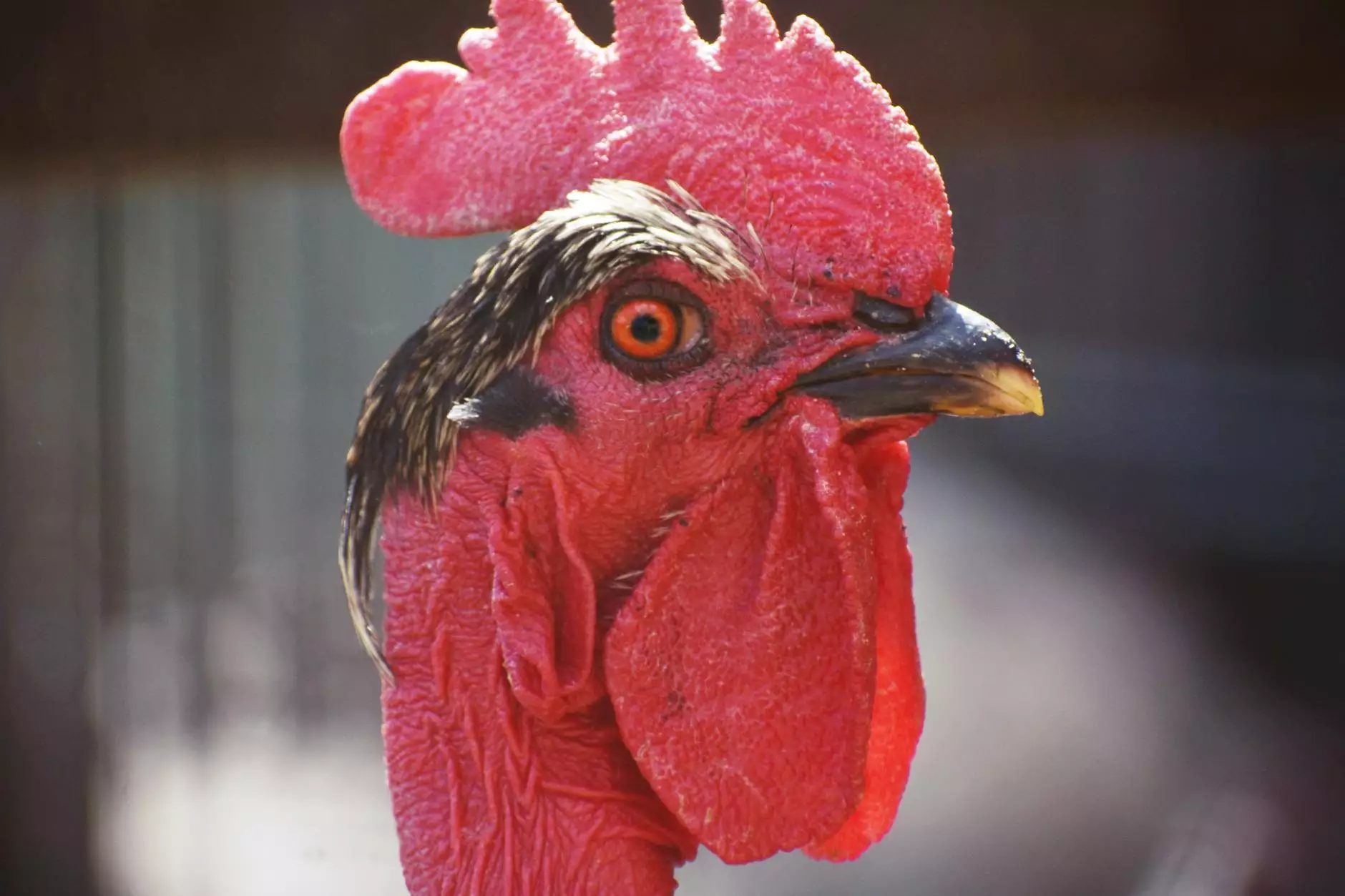Brazil Chicken Companies: Your Guide to Poultry Exports and Bulk Supply

The Brazilian poultry industry has established itself as a global powerhouse, leading the way in chicken exports and bulk supply. With several prominent Brazil chicken companies paving the way, the country's reputation for high-quality poultry is well-deserved. This article provides a detailed examination of the Brazilian chicken market, highlighting key players, export dynamics, and prospects for growth in the industry.
Understanding the Landscape of Brazilian Poultry
Brazil stands as one of the largest chicken producers and exporters in the world. The Brazil chicken companies represent a sector that excels in efficient production practices, stringent quality control, and innovative farming techniques. The following segments will explore the fundamental aspects driving this industry's success.
The Evolution of Poultry Farming in Brazil
Historically, poultry farming in Brazil has undergone significant transformation. From small-scale operations to large integrated systems, the evolution has been driven by several factors:
- Technological Advancements: The adoption of modern farming techniques, including precision agriculture, has boosted productivity.
- Genetic Improvement: Breeding programs focused on yield and disease resistance have contributed to enhanced flock performance.
- Investment in Infrastructure: Significant investments in facilities and transportation have streamlined the supply chain.
Major Players in the Brazilian Chicken Industry
Brazil is home to several major poultry companies, each contributing to the robust export market. Among them are:
- BRF SA: One of the largest food companies globally, BRF boasts a wide array of chicken products catering to various markets.
- JBS S.A: A leader in the meat processing industry, JBS exports a significant volume of chicken, known for its quality and adherence to global standards.
- Minerva Foods: Recognized for its competitiveness, Minerva focuses on sustainable practices while producing high-quality poultry products.
The Mechanics of Poultry Exports
The exportation of chicken from Brazil is an intricate process that involves compliance with both national and international regulations. Here’s how the process typically unfolds:
Regulatory Framework
Brazilian chicken exporters must adhere to stringent health and safety regulations established by the government and international health organizations. This includes:
- Sanitary Inspections: Regular inspections ensure that poultry products meet health standards.
- Certification: Exporters must obtain necessary certifications that demonstrate compliance with international food safety standards.
Logistics and Distribution
The logistics of chicken exports require an advanced infrastructure to manage transportation and storage:
- Cold Chain Management: Maintaining a consistent cold chain is critical to preserving meat quality during transit.
- Port Facilities: Access to modern port facilities allows for efficient loading and unloading of goods.
Market Trends and Demand for Brazilian Chicken
The demand for Brazilian chicken continues to grow, influenced by various factors:
Global Demand for Poultry Products
As consumer preferences shift towards healthier protein sources, poultry, specifically chicken, remains a favored choice due to its versatility and lower fat content compared to red meat. Noteworthy trends include:
- Increased Health Consciousness: Rising awareness regarding health benefits drives higher consumption of chicken.
- Diverse Product Range: From whole chickens to processed products like nuggets and sausages, the variety attracts a broad customer base.
Opportunities in Bulk Chicken Supply
For businesses looking to venture into poultry procurement, bolstering growth through bulk chicken supply presents unique opportunities. Companies like Frozen Chicken Group specialize in offering bulk chicken solutions tailored to meet diverse customer needs. Key points to consider include:
- Cost-Effectiveness: Purchasing in bulk reduces per-unit costs, enhancing profitability.
- Quality Assurance: Ensure suppliers maintain high standards in production and processing to guarantee product quality.
Challenges Facing the Brazilian Poultry Industry
Despite impressive growth, the Brazilian poultry sector faces several challenges that companies must navigate:
Inflation and Production Costs
Rising feed costs and inflation pose significant challenges. Chicken production is heavily reliant on grain and soybean meal, which can fluctuate in price:
- Market Volatility: Changes in global commodity prices can impact profitability.
- Operational Efficiency: Companies must continually seek ways to enhance productivity and minimize costs.
International Trade Regulations
As a major exporter, Brazil is susceptible to shifts in international trade policies. Barriers such as tariffs or trade restrictions can affect access to key markets. Maintaining strong trade relationships is essential for sustainable growth.
Future Outlook for Brazil Chicken Companies
The future of Brazilian chicken companies looks promising, with several growth factors at play:
Innovation in Production Techniques
Companies are increasingly adopting sustainable farming practices, emphasizing animal welfare and environmental responsibility. Innovations such as:
- Alternative Feed Sources: Research into insect protein and plant-based feeds can alleviate pressure on traditional feed sources.
- Automated Farming Solutions: Robotics and IoT applications are enhancing efficiency in poultry management.
Expanding Global Markets
Brazil is exploring new markets, especially in regions such as Asia and Africa, which show rising demand for poultry products. Customized marketing strategies will be pivotal in penetrating these markets effectively.
Conclusion
The Brazilian poultry industry, led by prominent Brazil chicken companies, continues to thrive as a vital component of the global food chain. With a rich history, innovative practices, and a steadfast focus on quality, these companies not only meet local demands but also excel as significant exporters on the world stage. By embracing challenges and seizing opportunities for growth, Brazilian poultry is set to reach even greater heights in the coming years.
For businesses interested in bulk chicken supply and Brazilian poultry exports, collaborating with established players like Frozen Chicken Group can streamline access to high-quality products while navigating the complexities of the market. As the sector evolves, staying informed and adaptable will be crucial for maintaining competitiveness and achieving success in the global poultry landscape.



